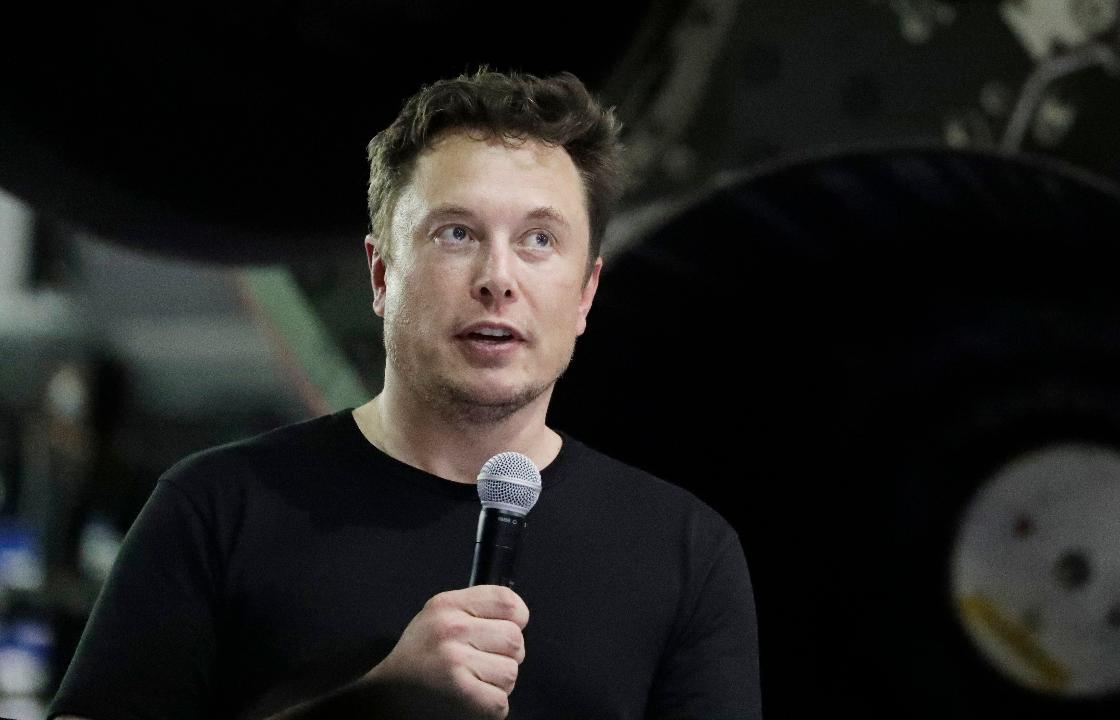BART slams Elon Musk's pitch to 'solve' traffic congestion
The Bay Area Rapid Transit (BART) has publicly voiced its disapproval of Elon Musk's plan to "solve" what he calls "soul-destroying" traffic on roadways.
In a lengthy Twitter thread over the weekend, The Boring Company founder pointed to a blog post by his infrastructure company that describes the many benefits of underground tunnels.
The 47-year-old billionaire called it a guide to "why tunnels are awesome & safest place to be in an earthquake."
"Another great thing about many layers of interconnected tunnels with ramps & elevators is that they can go from near your home all way to popping up at destination parking lot," Musk tweeted. "Thus *reducing* existing road traffic."
"Fundamental advantage of layers of tunnels is you can have as many lanes as you want going in any direction. Will feel like folding space from one part of a city to another," Musk added.
The Boring Company claims a "large network of tunnels" would help alleviate traffic congestion in major cities, suggesting you could add layers of tunnels as needed.
"The key to making this work is increasing tunneling speed and dropping costs by a factor of 10 or more – this is the goal of The Boring Company. Fast to dig, low-cost tunnels would also make Hyperloop adoption viable and enable rapid transit across densely populated regions, enabling travel from New York to Washington DC in less than 30 minutes," the company stated.
Unlike flying cars, tunnels wouldn't add to noise pollution or be impacted by weather, the group added.
It would admittedly be costly to construct such tunnels — as much as $1 billion per mile, The Boring Company predicts. Musk and his employees have floated at least five ways they say would reduce the massive price tag including going electric and automating tunnel boring machines, among other options.
But not everyone was on board with Musk's ambitious plan.
"Tunnels are great things to run trains through. Not cars," one Twitter user argued with Musk.
Musk replied, "Opposite is true: you can have 100’s of layers of tunnels, but only one layer on surface (to first approximation), therefore trains should be on surface, cars below."
CLICK HERE TO GET THE FOX BUSINESS APP
It appears BART disagreed with Musk's logic as well.
"We carry 28,000 people per hour through our Transbay Tube under the bay because of the capacity of a train. That’s nearly twice as much as cars over the bay. Why wouldn’t you prioritize something that carries far more (and safely with automatic train control) over cars?" the transit line asked Musk.
BART then replied with an infographic mapping out how many passengers one of its trains can carry compared to how many people can travel via car over the Bay during rush hour.
"Here it is. We also run on [100%] electricity," tweeted BART, comparing the train's capacity under the Bay at rush hour to the estimated 14,200 people in cars that travel over the Bay at the same time.
Musk didn't directly reply to BART's tweets, but he did acknowledge it would be difficult to get municipalities to agree and approve construction of the tunnels.
"Paperwork & hundreds of approving authorities is by far the hardest part," he wrote.
The Boring Company confirmed to FOX Business in March that it was eyeing Las Vegas as the first location for its high-speed tunnel system. Sin City approved a $48.6 million contract with The Boring Company to construct the LVCC Loop last week, according to The Verge. The Hyperloop will reportedly include two tunnels dedicated to car travel and a tunnel for pedestrians.




















